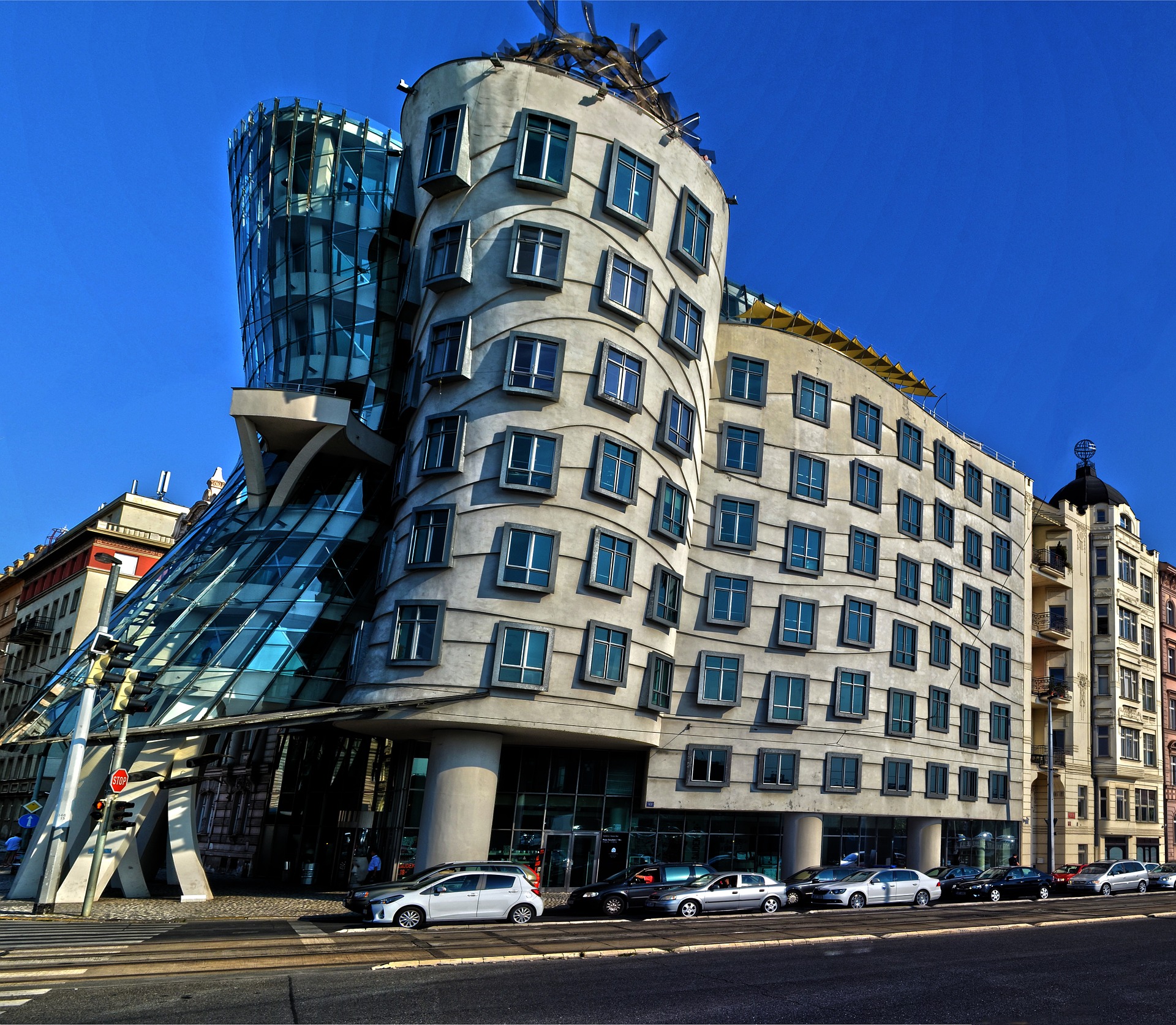
Re-imagining Cities Through Architecture, Design and Planning
January 20, 2014 — Blog
Can architects, designers and urban planners transform our cities for the better? What are the biggest challenges they face? Do city leaders and the general public understand the role of architects in shaping our future cities? These were some of the ideas discussed in the second of our monthly NewCities Summit 2014 Tweet chats.
Our Re-imagining Cities Through Architecture, Design and Urban Planning Tweet chat was moderated by NewCities – @newcitiesfound. We were joined by featured guests from the media and the academic, public and private sectors. Over the course of one hour, we analyzed the crucial role of design in re-imagining the cities we live in.
#Tweet Chat featured guests:
Bruce Davison (Director at Amanda Levete Architects ), Catherine Cuellar (Executive Director, Dallas ArtsDistrict), Edwin Heathcote (Architecture critic, the Financial Times), Holly Young (Guardian Global Development Professionals Network), Josephine d’Allant (Project Director, DallantNetworks), Nicholas de Monchaux (Professor at UC Berkeley), Sarah Moser (Professor at McGill University), Brandon Fuller (Director & Research Scholar, NYU Marron Institute), NBBJ (Architecture and design firm), PhuDuong (Senior Associate / Urban Designer at NBBJ), Thomas Bender (Lead Adviser for Design Review at UK Design Council) and Elizabeth Alley (Urban Designer + Planner Raleigh Urban Design Center).
How can architects, designers and urban planners help us re-imagining cities?
We kicked off the discussion debating the role of these actors and the challenges they face in 21st century metropolis.
Architects, designers, etc. are experimental and have leading-edge ideas, which can breathe new life into a city. @SarahKMoser
Create collaborative design environments. Provide interfaces to allow intuitive thinking to meet analytics/big data in real time @BruceAL_A
To move beyond making objects into architecture as participant and influence in a complex urban ecosystem @de_Monchaux
How can we involve governments and urban dwellers in this process?
We then considered the importance of citizen participation for successful urban transformation.
Urbanites should absolutely contribute in processes through participation in public hearings, board + commission meetings @DalArtsDistrict
The right to the city, to change ourselves by changing the city, is a common not an individual right, w/ implications for planners. @urb_im
Architects don’t always need to design. If governments included architectural and design skills cities would improve @edwinheathcote
Great cities can rely on an element of civic pride, in most cases developed over centuries; something to consider @ThoBender
Urbanites should contribute. But so does climate change. This is hopefully helping designers understand their role better @UrbanMorphology
How can we strike a balance between re-imagining future cities & preserving urban history?
We highlighted the importance of finding a balance between the urban history of a city and a positive transformation.
Challenge is balancing preservation with dynamism of urban economy & housing affordability @NYUMarron
Preservation guides us as we look forward. Aiming for excellence and buildings that are ‘of their time’ @RaleighPlanning
What are some examples of accessible, economically viable & sustainable urban designs for future cities?
Finally, we asked our participants for examples we should follow in order to create better cities. Some very interesting projects came to their minds:
Good examples for + from global south here: 10 ways to build sustainable #cities http://gu.com/p/3tjax/tw @Holly_young88
Cali’s Green Corridor initiative, one of the most ambitious urban renewal projects in Colombia @josephine26
Thank you!
Thanks to all our featured guests, and to all the others who joined the conversation. We hope to hear from you again in our next Tweet chat session on 12 February.
You can view more highlights of the conversation here on Storify.
To find out more about the New Cities Summit 2014, visit www.newcitiessummit2014.org and check the #NCS2014 hash tag on Twitter